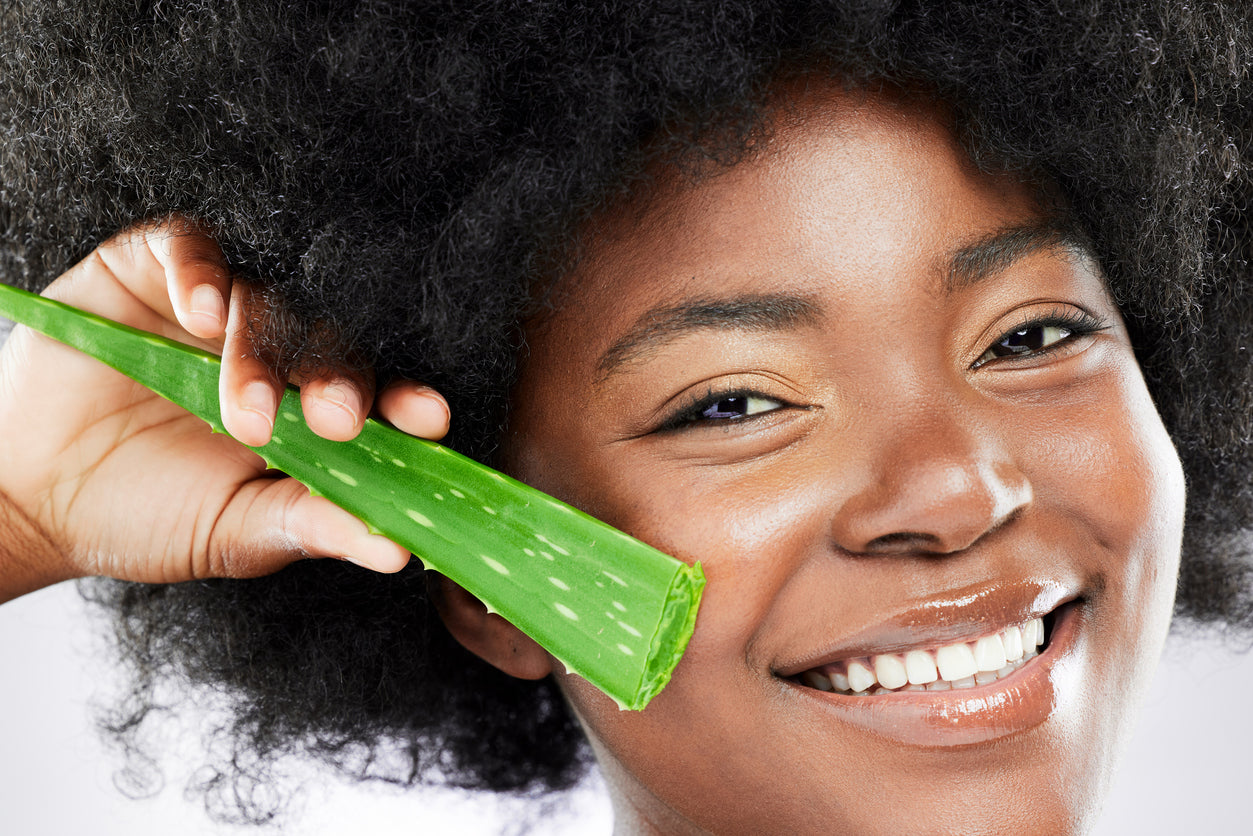Vitamin C is well-known as a vital component for its immune-boosting benefits. What many people don’t know about vitamin C is that it’s one of the most potent skin-care ingredients on the market.
Vitamin C has the ability to brighten skin, slow signs of aging (fine lines and wrinkles), and buff away hyperpigmentation. Honestly, vitamin C is a skincare powerhouse, and it’s reasonably affordable.
However, because vitamin C is a naturally unstable ingredient, it doesn’t work as you might think; we can’t simply rub orange peels on our face for glowing skin. But, we’re here to tell you how to use it in your skincare routine, to get the best results.
Skincare Benefits of Vitamin C
Since vitamin C is a natural antioxidant, it helps stop the damaging oxidation process from taking place. That being said, using vitamin C in your skincare routine will help protect the skin from damage caused by free radicals, helps with skin elasticity, reduces redness, and reduces hyperpigmentation.
Using Vitamin C In Your Skincare Routine
It’s best to use a vitamin C serum in the morning underneath a basic moisturizer. However, you shouldn’t just slather it on your face and go on about the rest of your routine. Various ingredients, like benzoyl peroxide, can oxidize vitamin C, which renders it useless. Other elements such as alpha - and beta-hydroxy acidic can change the pH of vitamin C, reducing its efficacy.
Simply put, you don’t want to layer vitamin C moisturizer over products with glycolic or lactic acid because they will cancel each other out or cause redness in irritation.
What To Look For In Vitamin C Serums
It may seem tempting to get a dropper bottle of pure vitamin C and use it on your face, but that could do far more harm than good. There isn’t any place in human skin where cells have receptors for vitamin C and nothing else. Actually, our skin cells have receptors that metabolize multiple vitamins. Suppose our cells are only given vitamin C without all of the other essential vitamins our cells need. In that case, that single antioxidant becomes a pro-oxidant that causes long-term damage.
If you’re looking for ways to use vitamin C for your skincare routine, look for a water-based serum packaged in a dark, oxygen-free environment. A formulation of 10 to 10 percent vitamin C is optimal for absorption, according to the study in Dermatological Surgery.
Vitamin C is incredible for our entire body. It shouldn’t come as a surprise that it holds benefits for us both internally and externally. We suggest always following the directions on the serum bottles and creams. Never try to use vitamin C directly on your skin.0km6ty7vf y76ddddddddddfr





